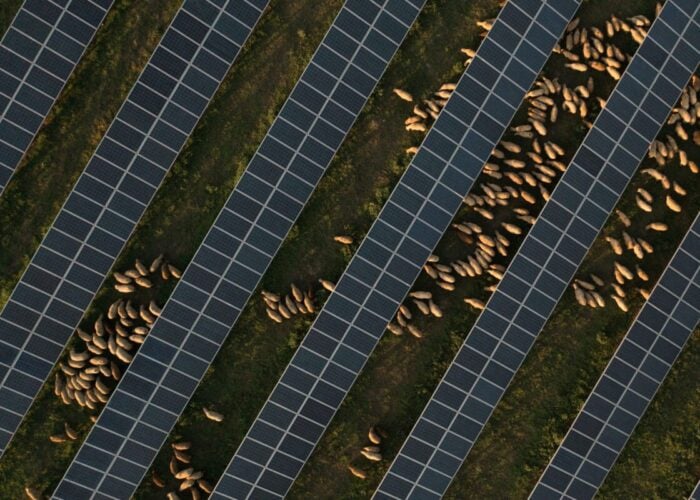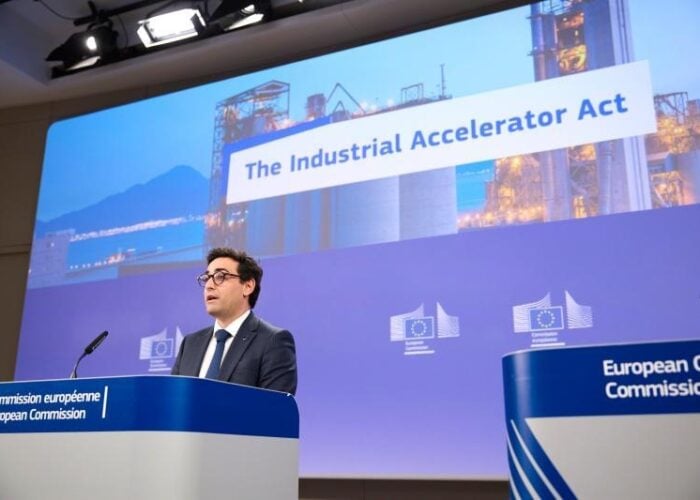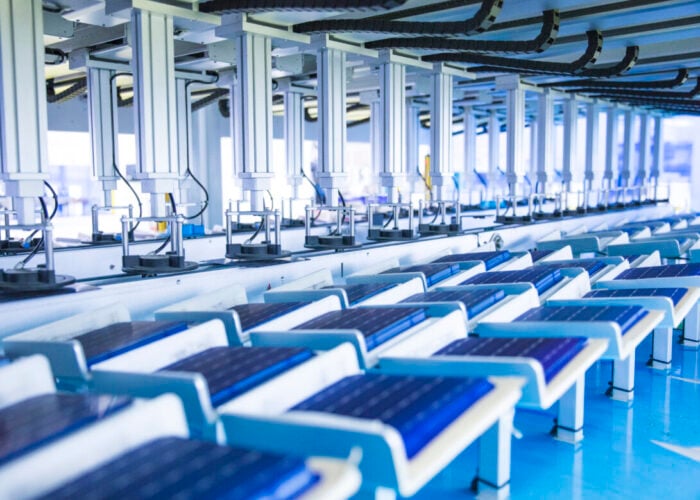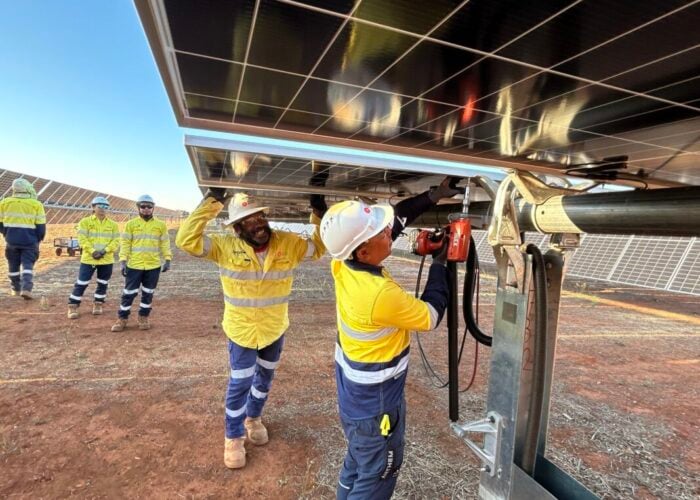Indian solar companies who successfully petitioned for an investigation into alleged dumping of modules from China, the US, Taiwan and Malaysia, have called for the inquiry to include Japan and the EU.
A week after India’s Department of Commerce held the first hearing of the initial anti-dumping inquiry, Jupiter Solar Power, Indosolar and Websol Energy have reportedly petitioned for the scope of the investigation to be widened.
Try Premium for just $1
- Full premium access for the first month at only $1
- Converts to an annual rate after 30 days unless cancelled
- Cancel anytime during the trial period
Premium Benefits
- Expert industry analysis and interviews
- Digital access to PV Tech Power journal
- Exclusive event discounts
Or get the full Premium subscription right away
Or continue reading this article for free
The inclusion of Japan and the EU into the investigations would mean companies such as Sharp, Solar Frontier, Solibro and others come under scrutiny for allegedly selling cells below domestic manufacturer prices.
However, according to Bloomberg, it is unclear whether there is sufficient support for the petition under World Trade Organization rules for it to be upheld.
India’s anti-dumping investigation has split the Indian solar industry in two. Members of the Solar Independent Power Producers Association (SIPPA), representing solar power producers, are against any trade duties on foreign imports, arguing that India’s domestic manufacturers are too new to be competitive with longer established foreign companies.
Welspun Energy CEO Vineet Mittal and other petitioners told local newspaper The Economic Times: “Indian solar industry is quite new and they invested in archaic technology. We need to wait for another 3-4 years for the domestic solar manufacturing industry to come of age and be technologically competitive.”
RESolve energy consultant, Madhavan Nampoothiri said the internal domestic dispute between developers and manufacturers was scaring investors away from India’s solar industry. “There will definitely be uncertainty due to the anti-dumping investigations, because the ruling based on the investigation will have an impact on the import of modules and the prices of modules available in the country. This will affect the investor sentiment.”






